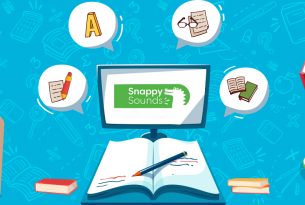
Primary Practical Science
30 July 2020Investigations and practicals are always popular with students and are essential to skill our future scientists. Unfortunately, they can be time consuming and expensive, the two things teachers are always short of. I would like to share my top tips for practical’s in science. When…
Read moreEnquiry-based Learning
30 July 2020To start this blog, I will ask you to search online ‘pictures of children learning in a classroom’. How many of the pictures show a teacher at the front of a class directing learning? How many show children learning without an adult? Why does the…
Read moreLearning phonics in a home environment
30 July 2020Phonics, what’s all the fuss about? Learning to read is essential for a child’s learning journey. Without the ability to read fluently, children cannot move on to the ‘reading to learn’ stage. In our modern society a huge amount of information is online and often…
Read moreSTEM (including Lesson Plan)
01 June 2020The students we are teaching today will work in a world that we cannot comprehend. The tasks they will carry out and the strategies and techniques needed are beyond our understanding. But we do know that our students will depend on their skills to be…
Read moreTeaching Bar Modelling
01 June 2020Many schools are enthusiastically adopting Bar Models as a problem-solving tool in mathematics. They are very popular in Asian schools and increasingly so in the UK. And with good reason. The bar is a very versatile problem-solving tool, but it needs to be introduced carefully….
Read more




